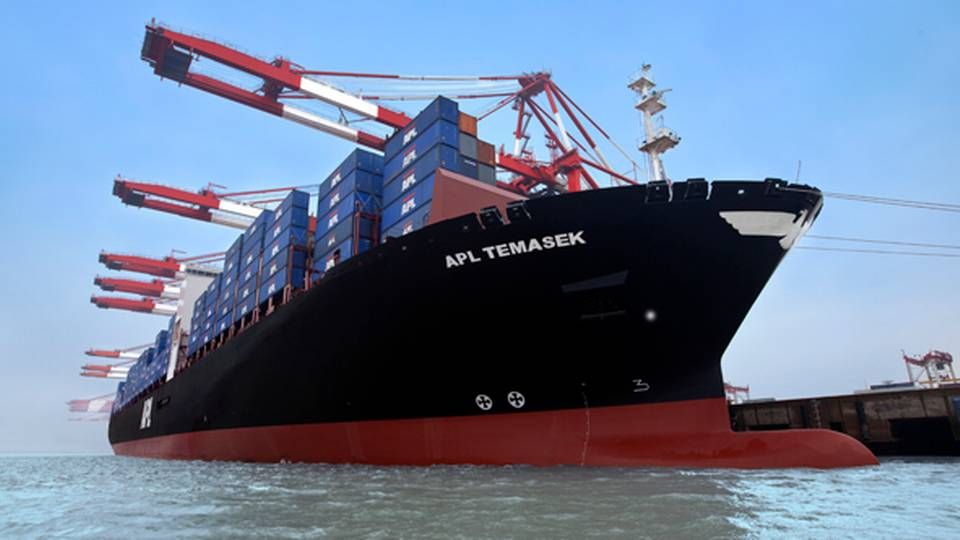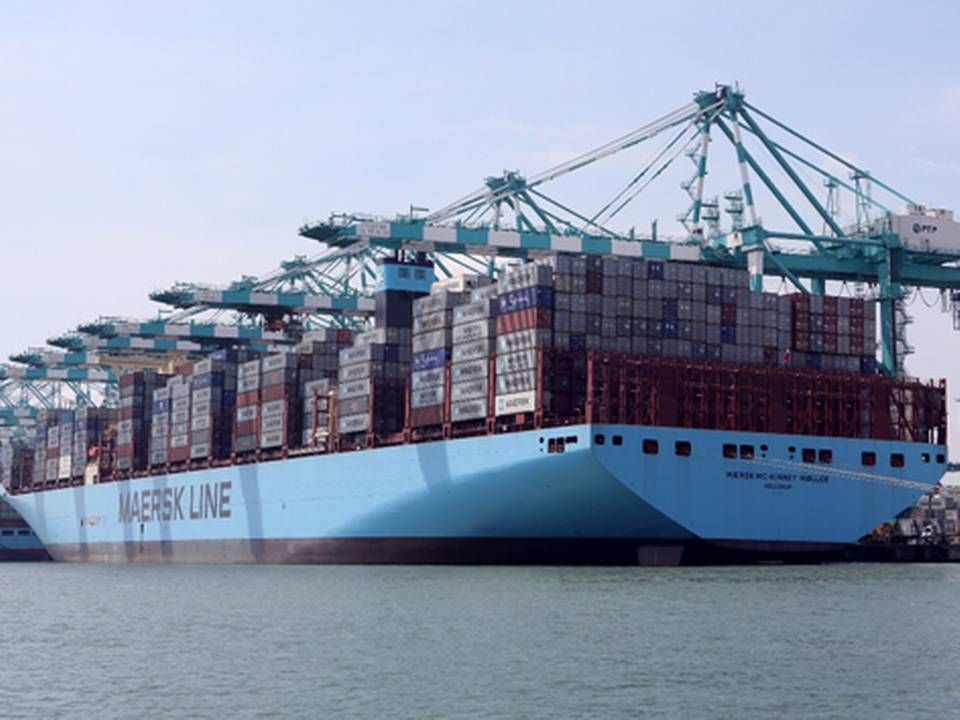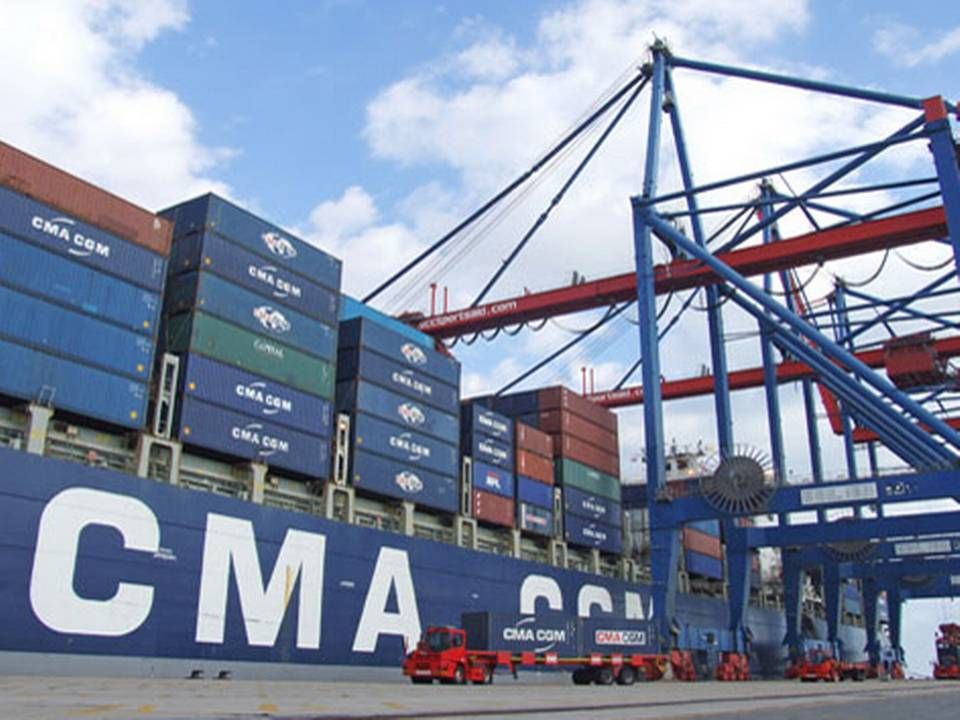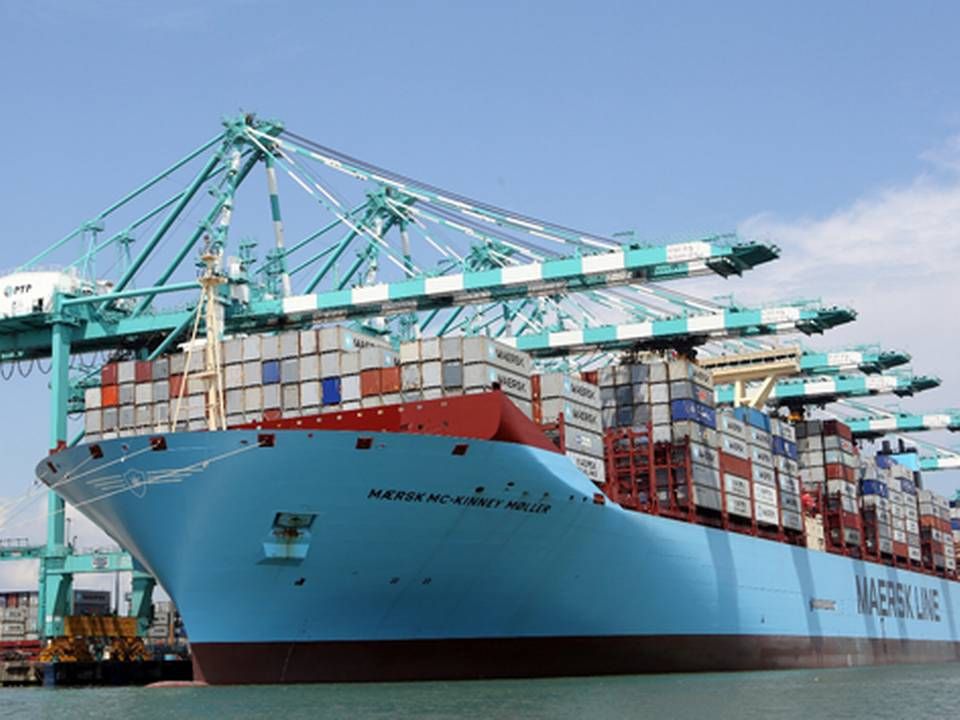APL: Approval of P3 will be groundbreaking for industry
.jpg)
SINGAPORE:
"The announced collaboration between the three major players in the container market came as a huge surprise to the industry," says Vice President of Commercial at APL, Peter Hall, when first asked to comment on the P3-alliance.
"If the alliance is realized, it'll break with past taboos," Peter Hall adds, referring to the competitive authorities' previous limits on the cooperation between carriers.
Based in Singapore, APL is the container division of partially state-owned NOL. ShippingWatch meets the British VP at his office in the southern part of the small island state from where APL operates its 132 ship fleet, at a total capacity of 1.2 million teu.
SeaIntel: P3 alliance will be immensely strong
"Till now, the rule of thumb has been that a carrier was only allowed a 30 percent market share, but the P3-alliance will be significantly bigger than that on, for instance, Asia-Europe, so it'll be interesting to see what the authorities decide," he tells ShippingWatch, referring to analyses showing that P3 would dominate the trade lane with a 45 percent market share.
Not afraid of P3
"We're not afraid of the new alliance. In fact, we believe it will stabilize the market," says Peter Hall:
"I think the driving force behind the collaboration is to cut operational costs, thus achieving a stronger bottom line. Though of course it's too soon to say for sure - we'll have to wait till its launched to find out what the real purpose of P3 is."
Peter Hall also notes that the three carriers, Maersk Line, MSC and CMA CGM, must be fairly confident that the alliance will be approved by the competitive authorities since they've thrown so many resources into it.
Opens up for new possibilities
If P3 gets the go-ahead, it will also open up for new possibilities, says Peter Hall, referring to the G6 alliance, which APL is currently a part of:
APL: We're caught in a mega ship dilemma
"This would result in a whole new agenda concerning which container carriers can work together and how many market shares can be combined. Imagine what it would mean to G6 if we were to collaborate on the Transatlantic route. That would result in a similar market share that, traditionally, would be met with criticism from the competitive authorities."
An important signal to the market
The P3-alliance has stated that the collaboration is not an exclusive club, though APL declines to consider the open offer at this time:

"Right now we're focusing on the current G6 collaboration, which has only been operating since March 2012. But this could very well open up for further cooperation, new constellations and new markets. So as surprising as the P3 announcement was, there's not a lot that can surprise me in the time to come."
If the P3 alliance is approved, it will be ready to begin operating in the second quarter 2014. However, the competitive authorities have yet to set a date for their decision.
"If they receive their approval, it will be a signal to the market that the old restrictions are no longer valid, so it will be interesting to see what the competitive authorities decide on this matter," says Peter Hall.
Mega ships will be the biggest challenge for ports
A peek at the meetings between Maersk, MSC, and CMA CGM
Related articles
Mega ships will be the biggest challenge for ports
For subscribers
A peek at the meetings between Maersk, MSC, and CMA CGM
For subscribers





















